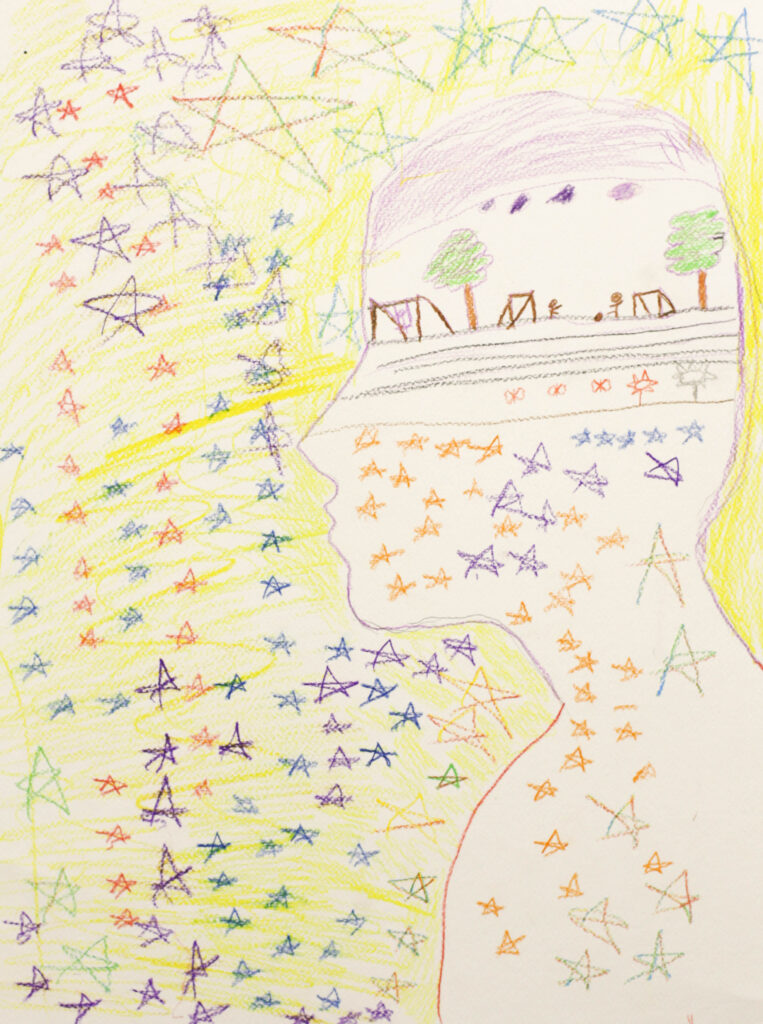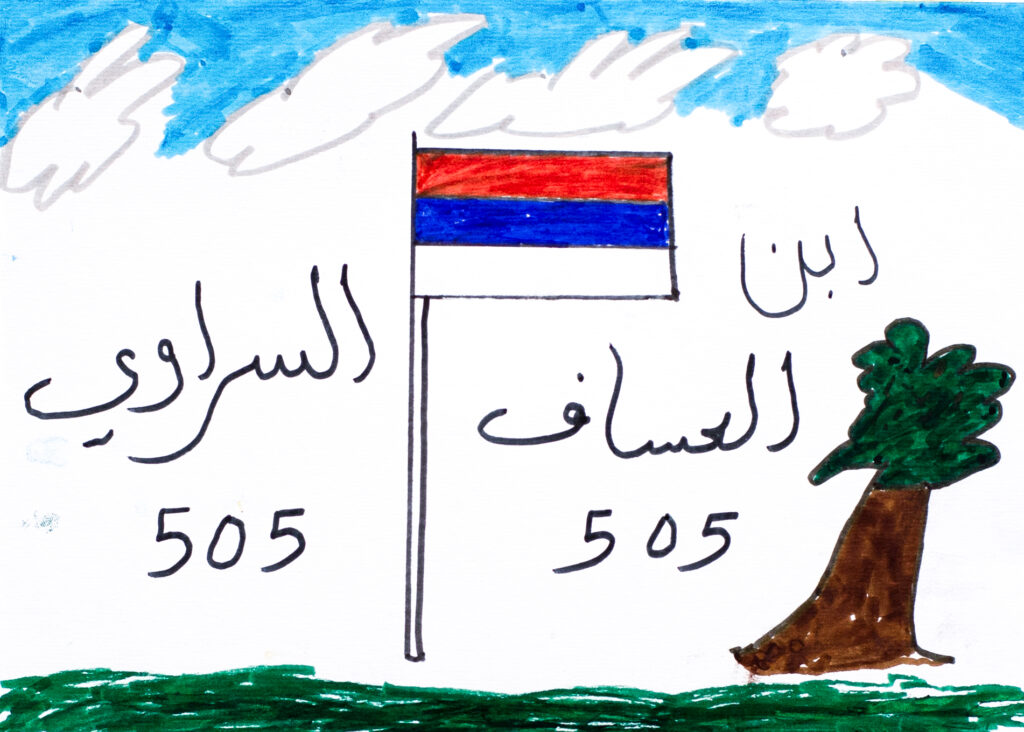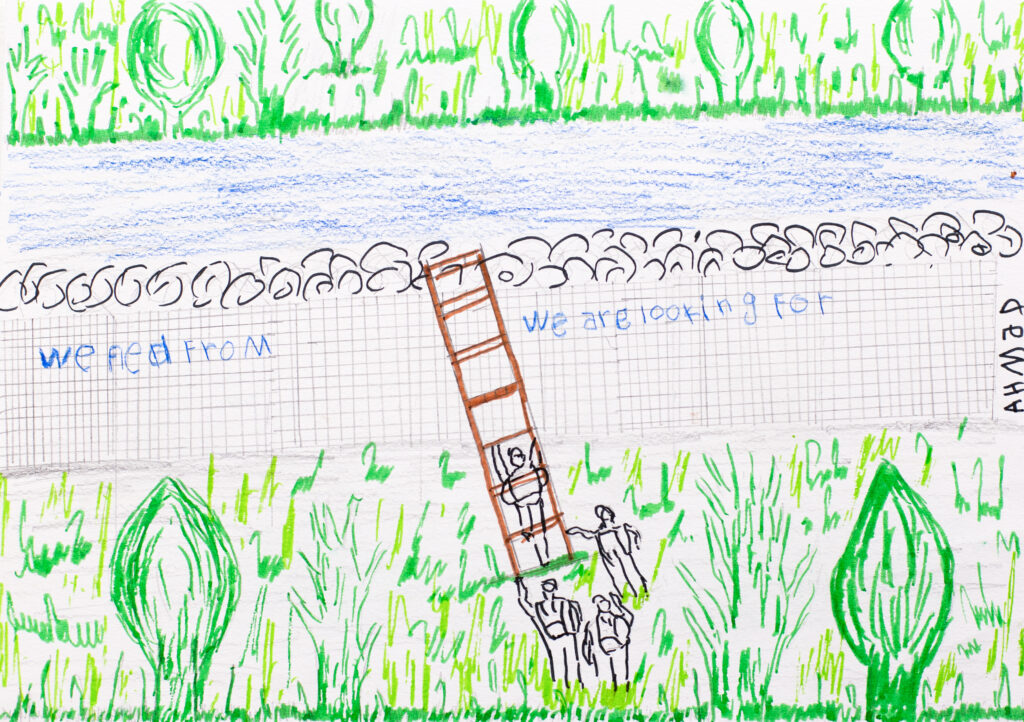Dictionary

Migrants
are people who have decided to move to another country in order to improve their lives: by finding work in more developed countries, getting an education, family reunification and for other reasons. Migrants can return to their country of origin without fear for their safety and life, and they are not at risk of persecution, violence and human rights violations. Migrants are not in need of international protection and their status is legally regulated by laws dealing with immigration policies.

Refugees
are persons fleeing armed conflict, persecution or massive violations of human rights. Any return to the country of origin for these people represents a real danger to their safety and life. Their life situation is so difficult and dangerous, that they decide to cross state borders in different ways in search of a safe country where they can be recognized as refugees, which will enable them to access the help of the host country, UNHCR and various organizations that provide support and assistance to refugees.
The most important international documents defining refugees and their rights are the Convention Relating to the Status of Refugees from 1951 and its Protocol from 1967, as well as the Convention on Refugees of the Organization of African Unity from 1969. The Convention on the Status of Refugees defines who is a refugee and the basic rights that signatory states should provide to refugees. The most important principle from this convention is that refugees must not be expelled or returned to a situation in which their lives and freedom would be threatened. Based on these international documents, refugees have the right to effective and fair access to the asylum procedure, as well as other rights that will enable them to live a safe and dignified life.

An asylum seeker
is a foreigner who claims to be a refugee and who has submitted an application for asylum that has yet to be decided. A large number of countries have established national asylum systems within which it is determined who meets the requirements for international protection. Therefore, asylum is a form of protection granted by the Republic of Serbia to a foreigner who, in case of return to the country of origin, would be exposed to torture, inhuman or degrading treatment, and his life, safety or freedom would be threatened. Asylum includes the right to stay and other rights regulated by law.

An identity document (ID)
is a document issued by the Commissariat for Refugees and Migration of the Republic of Serbia (CRRS) in every reception center for refugees with a particular number – user digit. Based on the statement about personal data, an ID card is issued to the identity of a person on the move with illegal stay, and the data is imputed into CRRS’s data registry. Upon receiving an ID card, the right to stay in a reception center, a camp for which the user has registered, is realized, and with the move to another, the procedure is repeated. With the camp registration and acquisition of an ID card, the opportunities of accommodation, meals, medical care, personal needs, participation in occupational workshops, psycho-social support, and others, are realized. An ID card user has no time limit restricting their movement outside of the camp, however, in the case of illegal crossing into other countries, responsible persons may legitimize them and send them back to their registered camp based on their ID card. The ID card has no expiration date or expiration time frame.

The Balkan route
is a route which usually begins with the crossing into Turkey, then winds through either Bulgaria or Greece, across Albania, North Macedonia, Montenegro, Bosnia and Herzegovina, until Serbia. The use of the Balkan route as a way of travel across Europe for refugees seeking asylum started in 2012, when the EU mitigated visa restrictions for Albania, Bosnia and Herzegovina, Montenegro, Serbia, and North Macedonia.

Pushback
is a term which refers to a set of state measures by which refugees and migrants are forced back across borders – usually right after crossing them – without taking into account their individual environment, and without any opportunity to submit a request for asylum. Thus, it is an informal collective forced return of people who irregularly cross the border back to the country from which they previously entered, through procedures that take place outside of the law-defined rules in the protocols and agreements signed by neighboring countries. In many cases, forced return is carried out using police brutality, and is often accompanied by physical injuries of migrants, threats, derogation, and theft of belongings and phones of migrants. The return is usually done in a secret manner, often without informing the authorities of the country receiving the suppressed immigrants, therefore documentation addressing rejection usually does not exist, and it is difficult for victims to seek compensation.

Game
signifies the attempt to cross the border informally. This most often refers to the crossing of the border with the goal of entering one of the closest Western European countries within the EU (Austria and Germany, from which they go on to other desired countries). Game is a spatial tactic used by refugees as an answer to the impossibility of legal entry into the EU.

